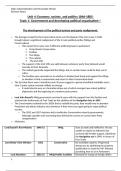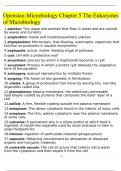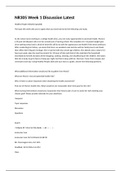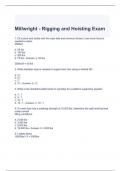Summary
Summary AQA Industrialisation and the people: Britain Unit 4.1 Revision Notes
- Module
- Institution
Unit 4.1: Economy, society, and politics : 7 page document, including critical thinking questions and answers Unlock Your A-Level Success with Comprehensive Revision Notes! Are you ready to ace your A-level history exam and master the fascinating world of Industrialisation and the People...
[Show more]












